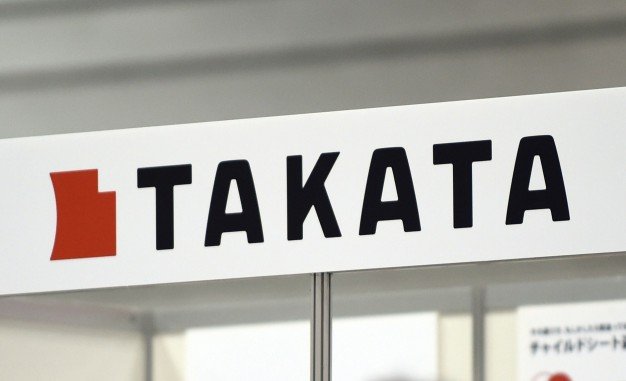Takata May Sell Portions of the Business to Pay for Recalls

Takata's corporate website shows at least nine locations in Europe related to airbag manufacturing. Any restructuring would cause those sites to be consolidated, leading to layoffs, according to Reuters. The supplier would also consider selling "non-core business," this report claims. While airbags make up the largest portion of Takata's work, the company also produces automotive items like seatbelts, steering wheels, and child seats.
Despite an international recall for millions of vehicles, Takata actually posted growing profits last quarter. According to Reuters, automakers are also paying for some of the supplier's replacement airbags for their safety campaigns.
If an investigation finds Takata responsible for the ruptures' root cause, then the business would need to shoulder more of the costs, which could mean billions of dollars in expenses. The US government believes the company's use of ammonium nitrate propellant is a factor in the explosions, but there's no conclusive proof the chemical is the primary reason for them.
The evidence does seem to suggest some Takata officials knew there was a safety problem as early as 2000, According to a deposition from a former employee, engineers manipulated a report that showed the ruptures and then got rid of the failed parts. Other accusations noted memos that discussed this behavior and emails of workers joking about it.
Related News


